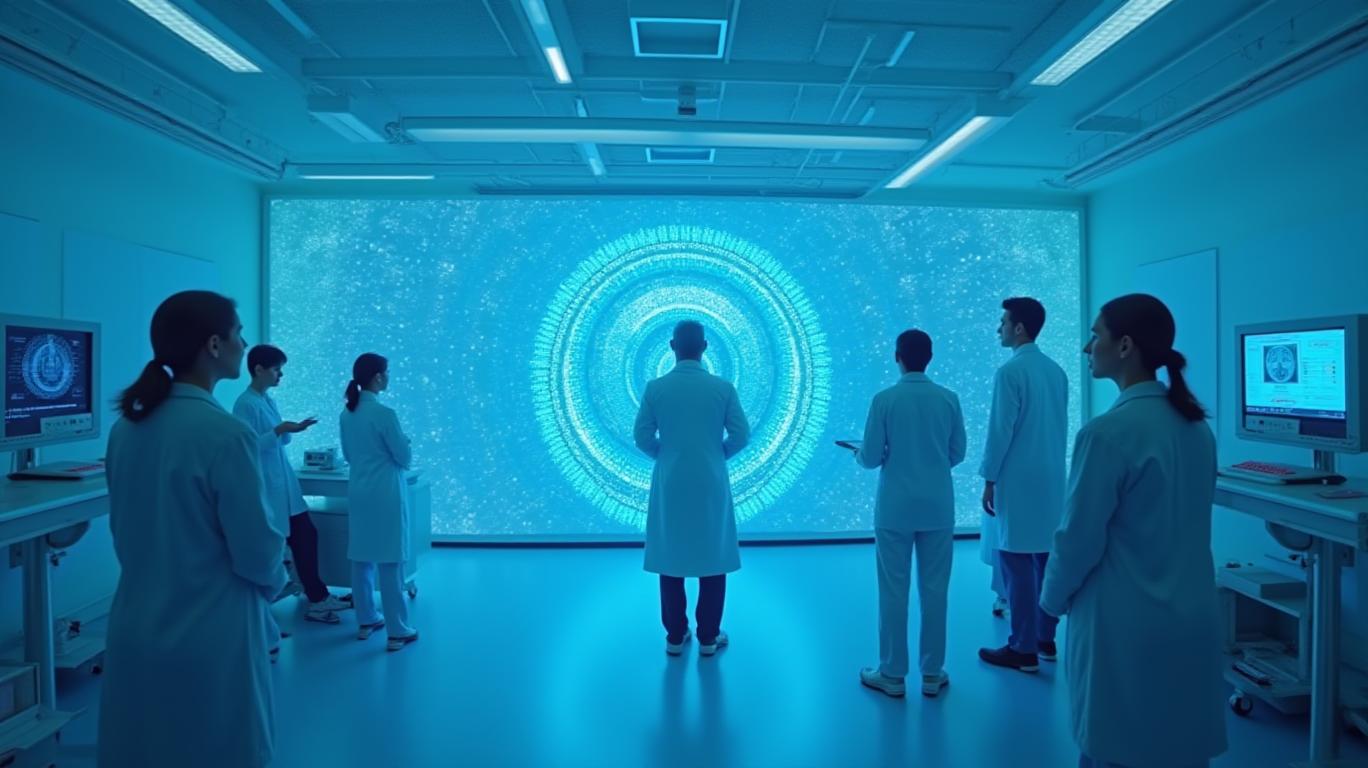AI Model O1-Preview Outshines Doctors in Complex Diagnostics but Faces Real-World Hurdles
Recent research conducted by a team from Harvard Medical School and Stanford University has unveiled that OpenAI's o1-preview AI model demonstrates superior performance compared to human doctors in diagnosing complex medical cases. This study showcases the impressive capabilities of o1-preview in medical diagnostics.
According to the study, the o1-preview model achieved a correct diagnosis rate of 78.3% across all tested cases. In a direct comparison involving 70 specific cases, the model's accuracy soared to 88.6%, significantly surpassing its predecessor, GPT-4, which achieved 72.9%. The o1-preview model's medical reasoning abilities were also commendable, as evaluated using the R-IDEA quality assessment scale, where it secured perfect scores in 78 out of 80 cases. In contrast, experienced doctors achieved perfect scores in only 28 cases, and resident doctors in just 16 cases.
Despite these remarkable findings, the researchers recognized certain limitations. Acknowledging that some test cases might have been part of the o1-preview's training data, they tested new cases, noting only a slight decline in performance. Dr. Adam Rodman, one of the study's authors, emphasized that while this research provides a benchmark, its results have significant implications for medical practice.
The o1-preview model notably excelled when dealing with intricate management scenarios, designed by 25 experts. "Human efforts seem dwarfed in these challenging cases, but o1's performance is striking," Rodman explained. In these complex cases, o1-preview achieved a score of 86%, whereas doctors using GPT-4 scored 41%, and those relying on conventional tools only 34%.
However, o1-preview is not without its flaws. In probability assessments, the model's performance did not show a marked improvement, as evidenced by its estimation of pneumonia likelihood at 70%, significantly higher than the scientific range of 25%-42%. Researchers observed that while o1-preview excelled in tasks requiring critical thinking, it struggled with more abstract challenges, like probability estimation.
Additionally, o1-preview often provides detailed answers, which may contribute to its high scores. However, the research focused on the model's standalone performance rather than its potential collaboration with human physicians. Critics noted that o1-preview's suggested diagnostic tests are often costly and impractical.
Despite the introduction of newer versions, such as o1 and o3, which performed well on complex reasoning tasks, these models have not yet addressed the real-world application and cost concerns. Dr. Rodman urged the development of better evaluation methods for medical AI systems to capture the complexity involved in actual medical decision-making. He emphasized that this study does not suggest replacing doctors, as human involvement remains crucial in real medical settings.

Manténgase al tanto de las noticias de Wall Street en tiempo real.
Latest Articles
Stay ahead of the market.
Get curated U.S. market news, insights and key dates delivered to your inbox.



Comments
No comments yet